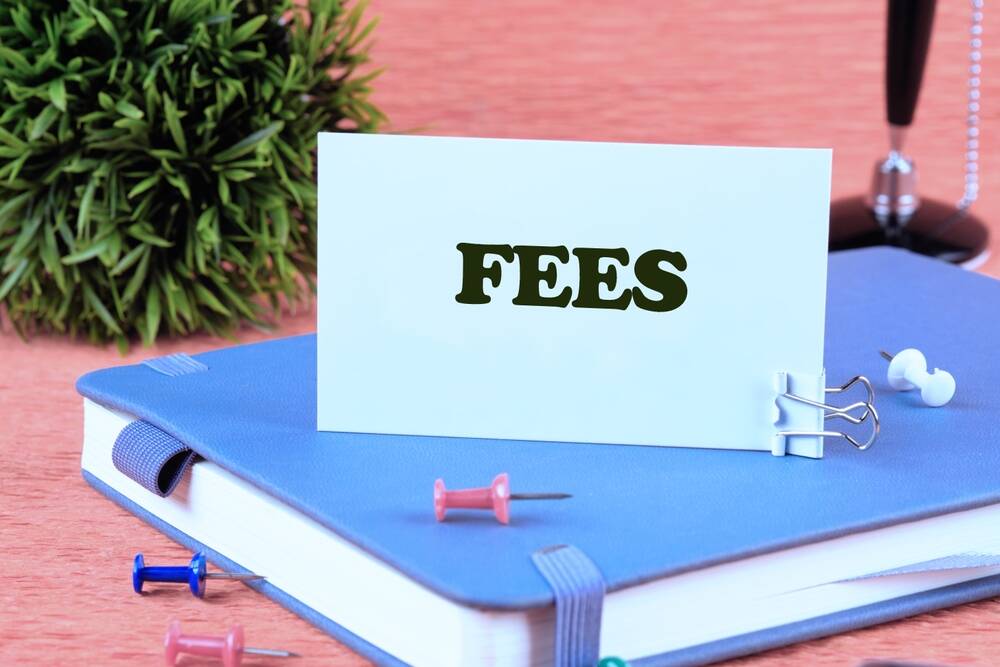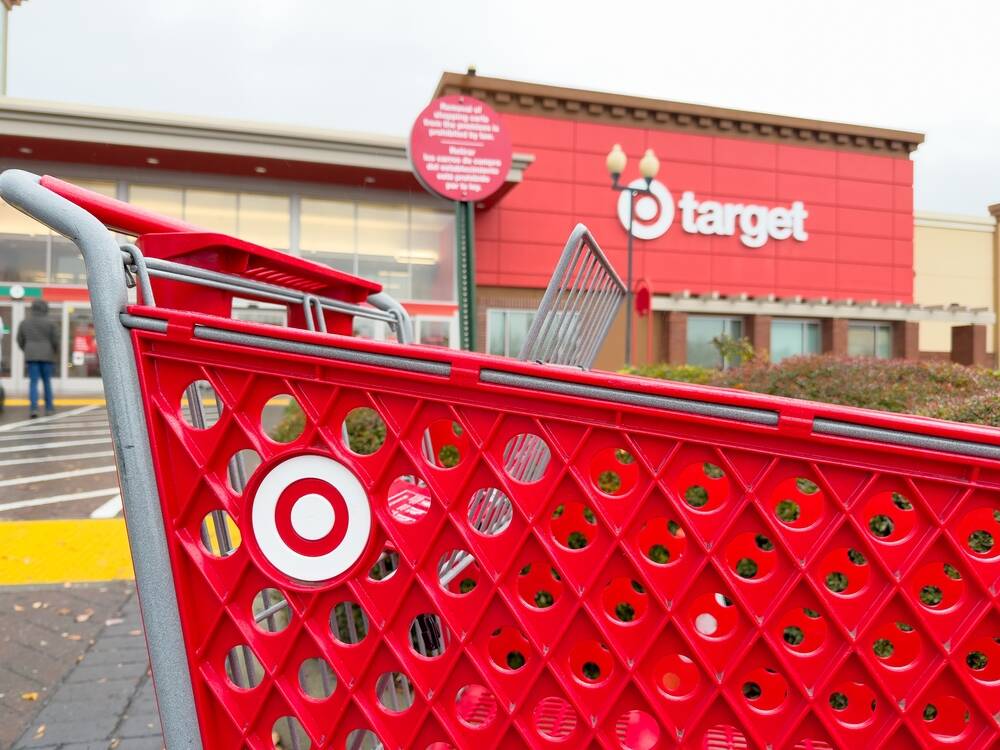
Let’s talk about fees you should never pay!
Managing your money is already complicated—add on expensive and unnecessary fees, and all of a sudden you’ve got less cash than you started with. Like it or not, some fees are unavoidable. But others are egregious, excessive, and just plain obnoxious. You definitely don’t have to like them, and you don’t have to spend your money on them either.
Trivial fees are often charged by even the best banks and can pop up anywhere, from credit cards to traveling to your checking account. But we’re here to help you! We’ve rounded up some of the most common fees you should never pay, so let’s get started!








